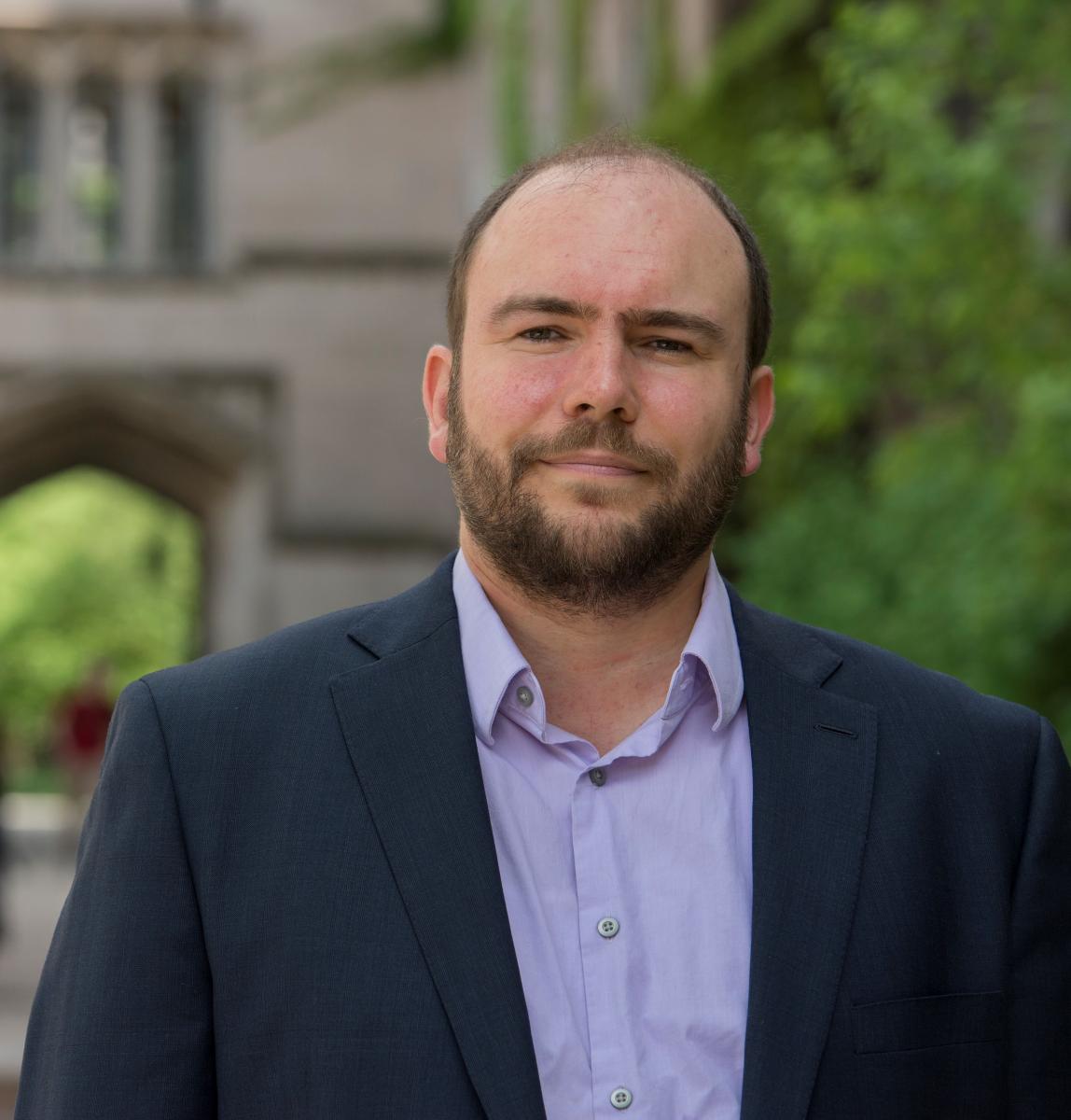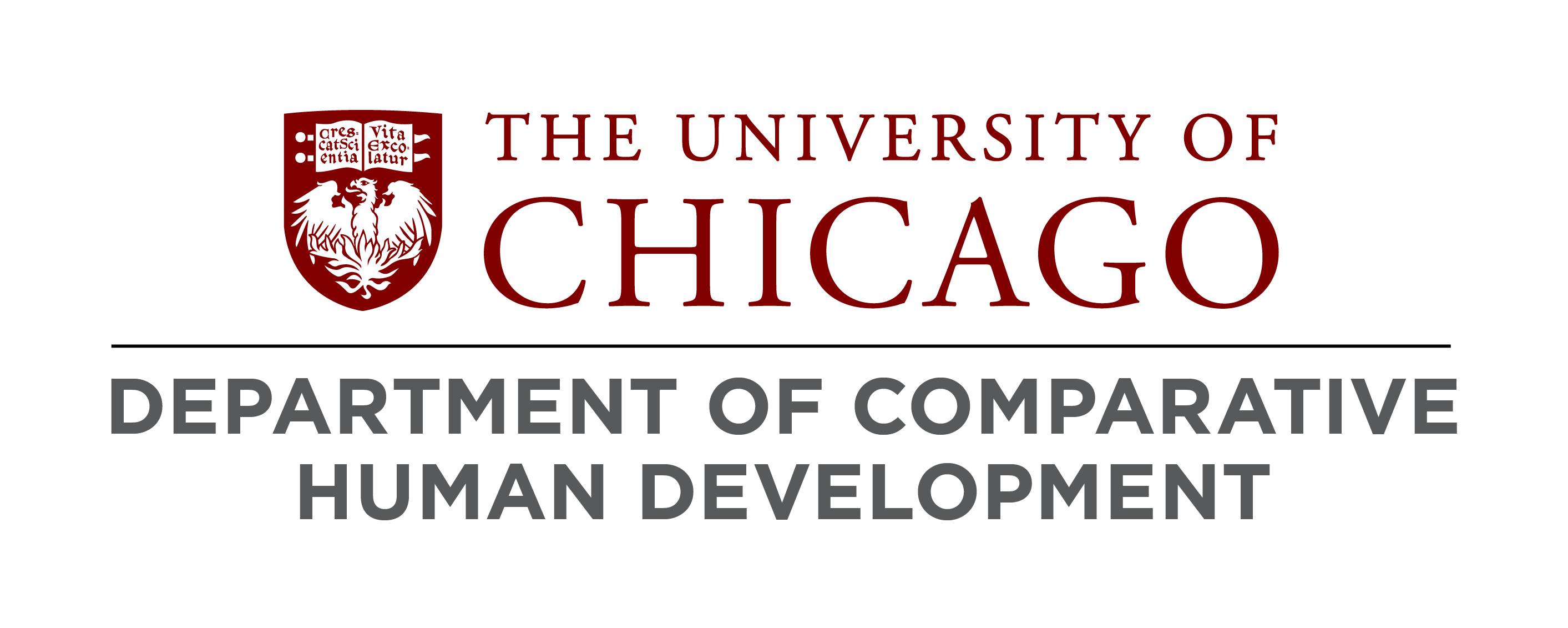
I am a cultural, medical, and psychological anthropologist. In my research and writing I examine the relationship between expertise, subjectivity and sociality, engaging key discussions in the anthropology of medicine and knowledge. Focusing on biomedicine, the psy-professions, and mental health, I ask how forms of knowledge and technologies of intervention transform over time and as they move from one cultural or institutional setting to another. I also trace how these transformations shape the ways in which people conceive of, experience and relate to themselves and to one another.
My first monograph, Governing Habits: Treating Alcoholism in the Post-Soviet Clinic (Cornell 2016), was a historically-informed ethnography of narcology – the subspecialty of Soviet and post-Soviet Russian psychiatry which deals with alcoholism and drug addiction. Drawing on key concepts from medical anthropology and science and technology studies, I examine narcology not only as a profession, but as a changing domain of knowledge and expertise, as a circulation of transforming clinical technologies, and as a site where distinct forms of personhood are enacted. This work led to broader projects on the anthropology of addiction. In 2013, I co-edited Addiction Trajectories (Duke) with William Garriott, a widely reviewed volume bringing together established and emerging scholars.
As I studied addiction, I became interested in how neuroscientific explanations gained authority in mental health. This led to a collaboration with Stephanie Lloyd (Laval University) from 2012 to 2018 on the production and circulation of knowledge about epigenetics and suicide risk. Our project focused on environmental epigenetics, a rapidly expanding field of molecular research which explores how social and material environments shape gene expression. We analyzed how researchers navigate the uncertainty surrounding their work, publishing several articles and chapters, including one in BioSocieties.
My current project, Degrees of Distress: College and the Transformation of Mental Health, follows mental health categories “downstream” to examine how they are increasingly taken up within higher education. This research grew partly out of my experiences as an educator and recognition of the dramatic changes in students’ relationships to mental health over the past two decades. (Here’s a link to a recent talk I gave on this topic).
Between 2008 and 2023 I edited Somatosphere, a collaborative academic weblog focused on medical anthropology at its intersections with cultural psychiatry, bioethics and science and technology studies. Here’s a link to an interview about that project.
Teaching
I teach a range of undergraduate and graduate courses on the anthropology of medicine, psychiatry, mental illness, and subjectivity. Previous versions of my course syllabi are available below. I also serve as Faculty Chair for the Health and Society Minor at the University of Chicago.
I also work with the Ethnography of Mental Health Research Group, a group of students and trainees which meets regularly to discuss shared research interests.
Please use this form to sign up for office hours or contact me if you cannot make any of the available time-slots. Office hours are held in Rosenwald 318C (1101 S. 58th Street) or on Zoom.
Courses
Culture, mental health and psychiatry
Critical Studies of Mental Health in Higher Education
Research and publications
Books, edited volumes, and special journal issues
Matthew Wolf-Meyer, Junko Kitanaka, and Eugene Raikhel, eds. Mapping Medical Anthropology for the Twenty-First Century. Rutgers University Press, 2026.
Eugene Raikhel. Governing Habits: Treating Alcoholism in the Post-Soviet Clinic. Cornell University Press, 2016. Here’s an interview about the book I recorded with the New Books Network.
Eugene Raikhel, ed. “Psychiatry in Eastern Europe,” a special issue of Transcultural Psychiatry 53(2), 2016. (The introduction to this volume is listed separately below).
Eugene Raikhel and William Garriott, eds. Addiction Trajectories. Duke University Press, 2013. (The introduction to this volume and my chapter contribution are listed separately below).
Articles, book chapters, commentaries, and interviews
Eugene Raikhel. “Ethnography and experiment among white coats.” Forward to Politics and Practices of the Ethnographies of Biomedicine and STEM: Among White Coats. Cinzia Greco, ed. Palgrave Macmillan, 2024.
Stephanie Lloyd and Eugene Raikhel. “‘It was there all along’: situated uncertainty and the politics of publication in environmental epigenetics.” BioSocieties, 13: 737-760, 2018.
Stephanie Lloyd and Eugene Raikhel. “Environmental epigenetics and suicide risk at a molecular scale.” In Handbook of Genomics, Health and Society, eds. S. Hilgartner, S. Gibbon, B. Prainsack, J. Lamoreaux. Routledge, 2018.
Lock, Margaret, and Eugene Raikhel. “Margaret Lock: Interviewed by Eugene Raikhel.” Public Culture 29.2 82 (2017): 311-331.
Stephanie Lloyd and Eugene Raikhel. “Epigenetics and the suicidal brain: reconsidering context in an emergent style of reasoning.” Palgrave Handbook of Biology and Society, eds. M. Meloni, J. Cromby, D. Fitzgerald and S. Lloyd. Palgrave: 2017.
Eugene Raikhel and Dörte Bemme. "Post-socialism, the Psy-ences and Mental Health." Transcultural Psychiatry, 53(2): 151-175, 2016. DOI: 10.1177/1363461516635534
Eugene Raikhel. “From the Brain Disease Model to Ecologies of Addiction,” In Revisioning Psychiatry: Cultural Phenomenology, Critical Neuroscience, and Global Mental Health. Laurence Kirmayer, Robert Lemelson and Constance Cummings eds. Cambridge University Press, 2015.
William Garriott and Eugene Raikhel. "Addiction in the Making," Annual Review of Anthropology, 44:477-491, 2015. DOI: 10.1146/annurev-anthro-102214-014242
Eugene Raikhel. "Reflex/Рефлекс." Somatosphere: Commonplaces, February 11, 2014.
Nicholas Bartlett, William Garriott and Eugene Raikhel. "What’s in the 'treatment gap'? Ethnographic perspectives on addiction and global mental health from China, Russia, and the United States." Medical Anthropology: Cross-Cultural Studies in Health and Illness, 33:457-477, 2014. DOI: 10.1080/01459740.2013.877900.
Eugene Raikhel and William Garriott. "Tracing New Paths in the Anthropology of Addiction," In Eugene Raikhel and William Garriott eds. Addiction Trajectories. Duke University Press, 2013. DOI: 10.1215/9780822395874-001
Laurence J. Kirmayer, Eugene Raikhel and Sadeq Rahimi. "Cultures of the Internet: Identity, community and mental health." Transcultural Psychiatry, 50(2): 165-191, 2013. DOI: 10.1177/1363461513490626
Eugene Raikhel. "Radical reductions: Neurophysiology, politics and personhood in Russian addiction medicine." In Critical Neuroscience: A Handbook of the Social and Cultural Contexts of Neuroscience, Suparna Choudhury and Jan Slaby eds. Wiley/Blackwell, 2012. DOI: 10.1002/9781444343359.ch10
Eugene Raikhel. "Post-Soviet Placebos: Epistemology and Authority in Russian Treatments for Alcoholism." Culture, Medicine and Psychiatry., 34(1): 132-68, 2010. DOI 10.1007/s11013-009-9163-1
Eugene Raikhel. "Institutional Encounters: Identification and Anonymity in Russian Addiction Treatment (and Ethnography)." In Being There: The Fieldwork Encounter and the Making of Truth, John Borneman and Abdellah Hammoudi eds. University of California Press, 2009. DOI: 10.1525/california/9780520257757.003.0008
Laurence J. Kirmayer & Eugene Raikhel. "From Amrita to Substance D: Psychopharmacology, Political Economy, and Technologies of the Self." Transcultural Psychiatry, 46(1): 5-15, 2009. DOI: 10.1177/1363461509102284
Amir Raz, Eugene Raikhel and Ran Anbar. "Placebos in Medicine: Knowledge, Beliefs and Patterns of Use." McGill Journal of Medicine, 11(2): 206-211, 2008.
 THE UNIVERSITY OF CHICAGO
THE UNIVERSITY OF CHICAGO

